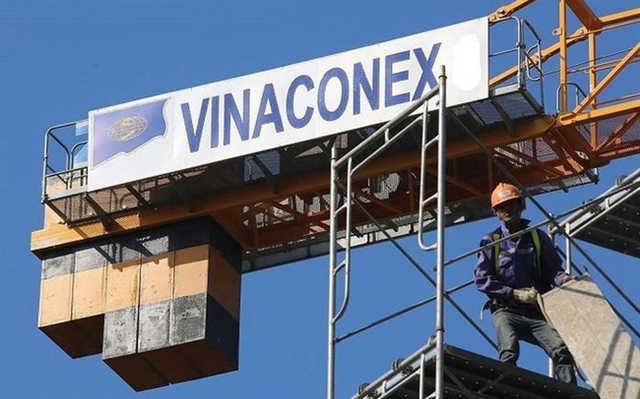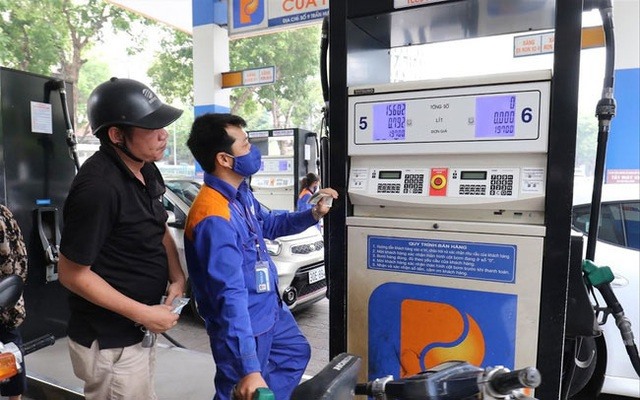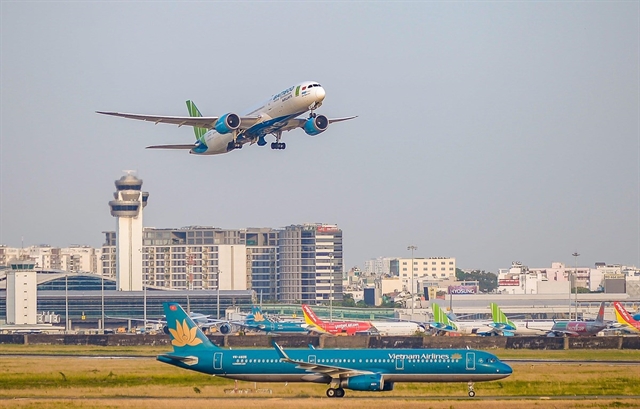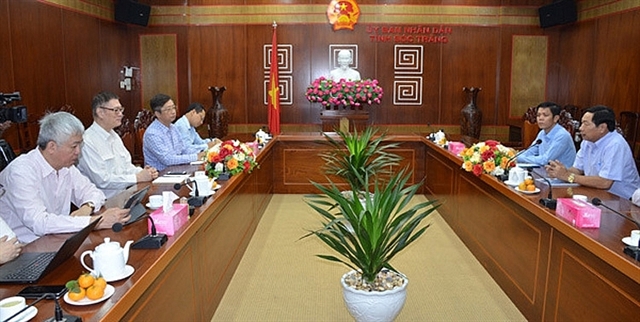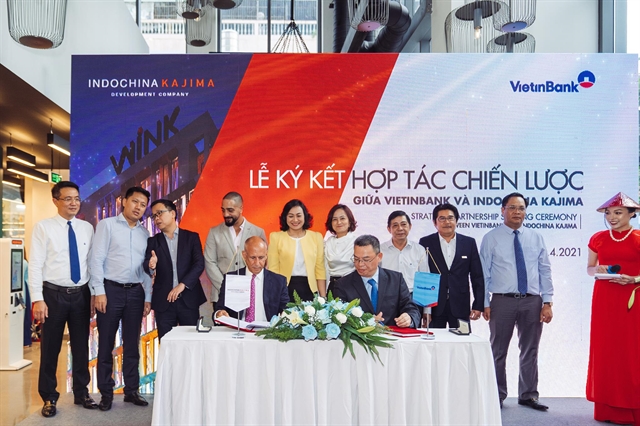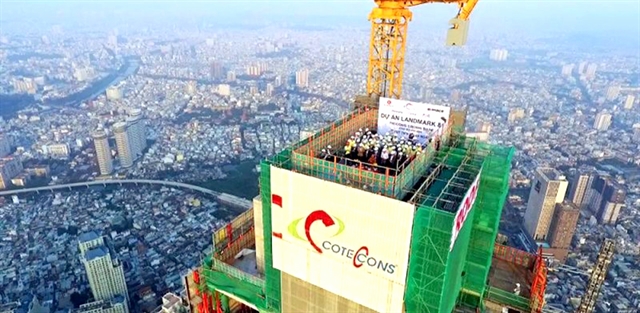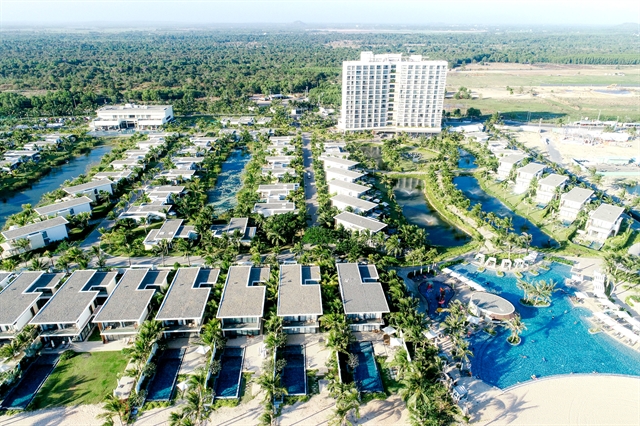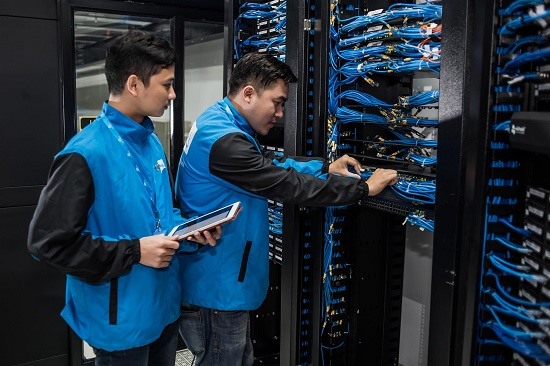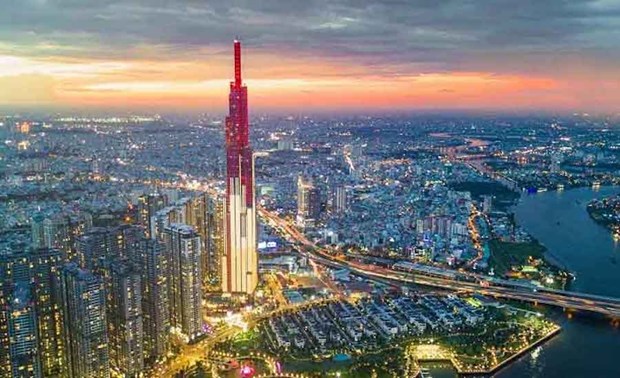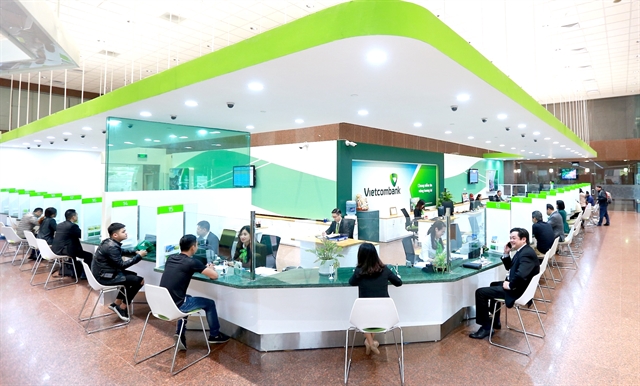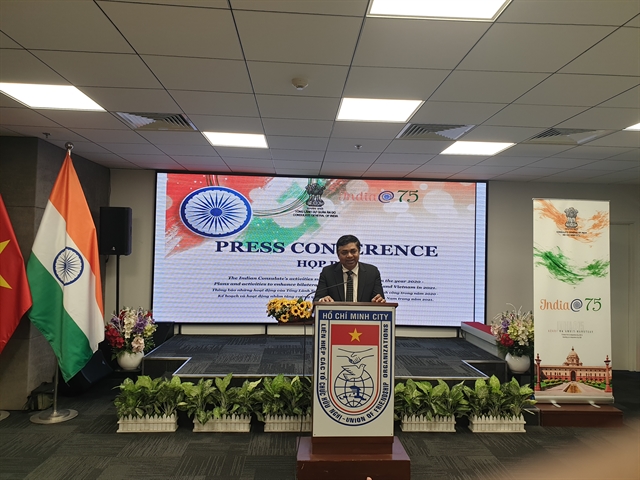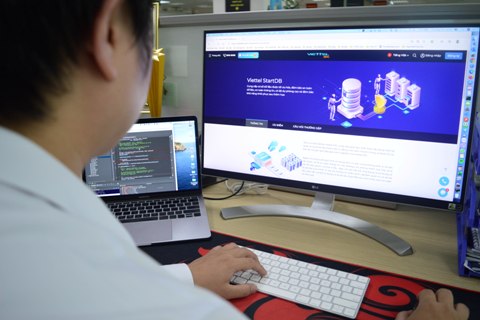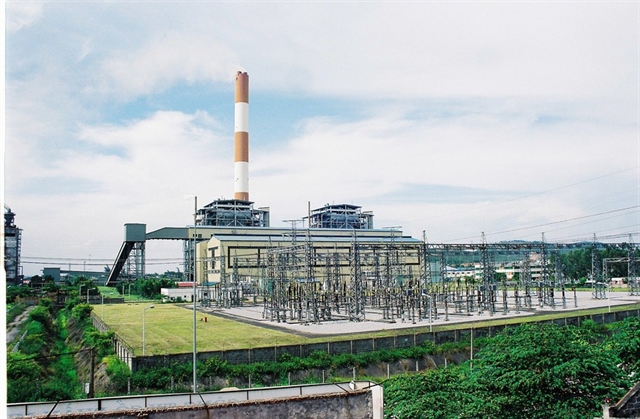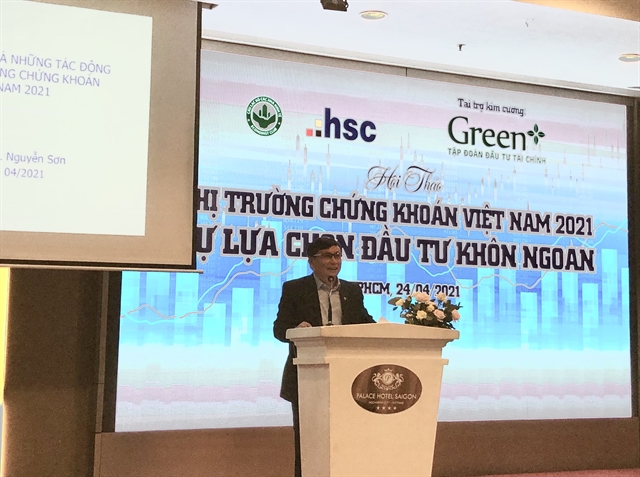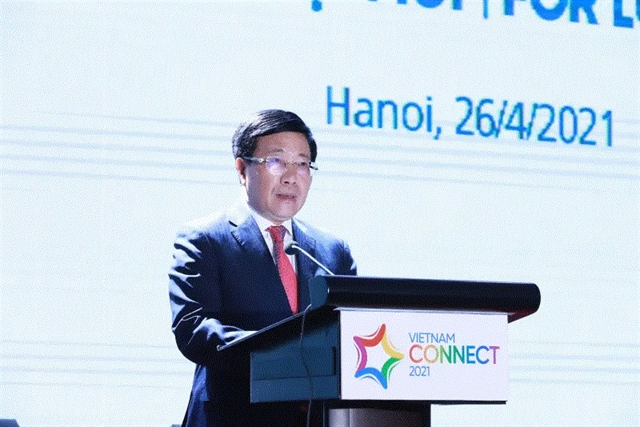
HÀ NỘI — The foreign direct investment (FDI) sector continues to be an important economic driver, contributing to making Việt Nam more prosperous, Deputy Prime Minister Phạm Bình Minh said.
At the connections for development forum 2021 with the theme ‘Presenting opportunities and challenges from the movement of FDI flows in the new context’ co-organised by the Ministry of Foreign Affairs and newspaper Vietnam Economic Times on Monday in Hà Nội, Minh said since 1987, along with the process of renewing and opening up the country’s economy, the Law on Foreign Investment had been enacted. The country had seen three FDI waves, which had made the FDI sector present in many important industries and contribute significantly to the overall socio-economic development of the country.
As of December 2020, over 33 years of developing and attracting FDI, Việt Nam has 33,070 FDI projects with registered capital of more than US$384 billion, of which about $231.86 billion has been disbursed.
In order to successfully attract FDI in the new context, the Deputy PM said the Government would focus on solving four issues.
Firstly, Việt Nam would be determined to maintain a stable socio-political environment, considering it a competitive advantage of the country in the context that the world has many unpredictable uncertainties and it is difficult to forecast the COVID-19 pandemic.
Second, the country would focus on improving the quality of institutions and legal policies towards enhancing transparency, soundness, safety and efficiency as well as improving the governance and macroeconomic management of the State to attract high-quality FDI inflows and enhance the competitiveness of the economy.
In addition, the Government would encourage and support domestic enterprises to enter into joint ventures, contribute capital and purchase shares of FDI enterprises in projects using high and new technologies and supporting industries to master technology, manage and develop national products.
Third, the Government would prioritise investment in infrastructure development to create smart and efficient connections to help reduce transaction costs and enhance the competitiveness of businesses, investors and the entire economy.
In particular, the Government would encourage investment in education and science and technology, considering it an engine of growth for the country in the coming decades.
Finally, together with investment attraction, provinces and cities would organise and support investors to build their projects effectively and promptly through reforming the business environment and administrative procedures, especially in land clearance.
Minh expected the measures would help reduce investment costs for investors and strengthen their confidence besides supporting domestic enterprises to develop and participate more deeply in the global production and distribution chains. — VNS
